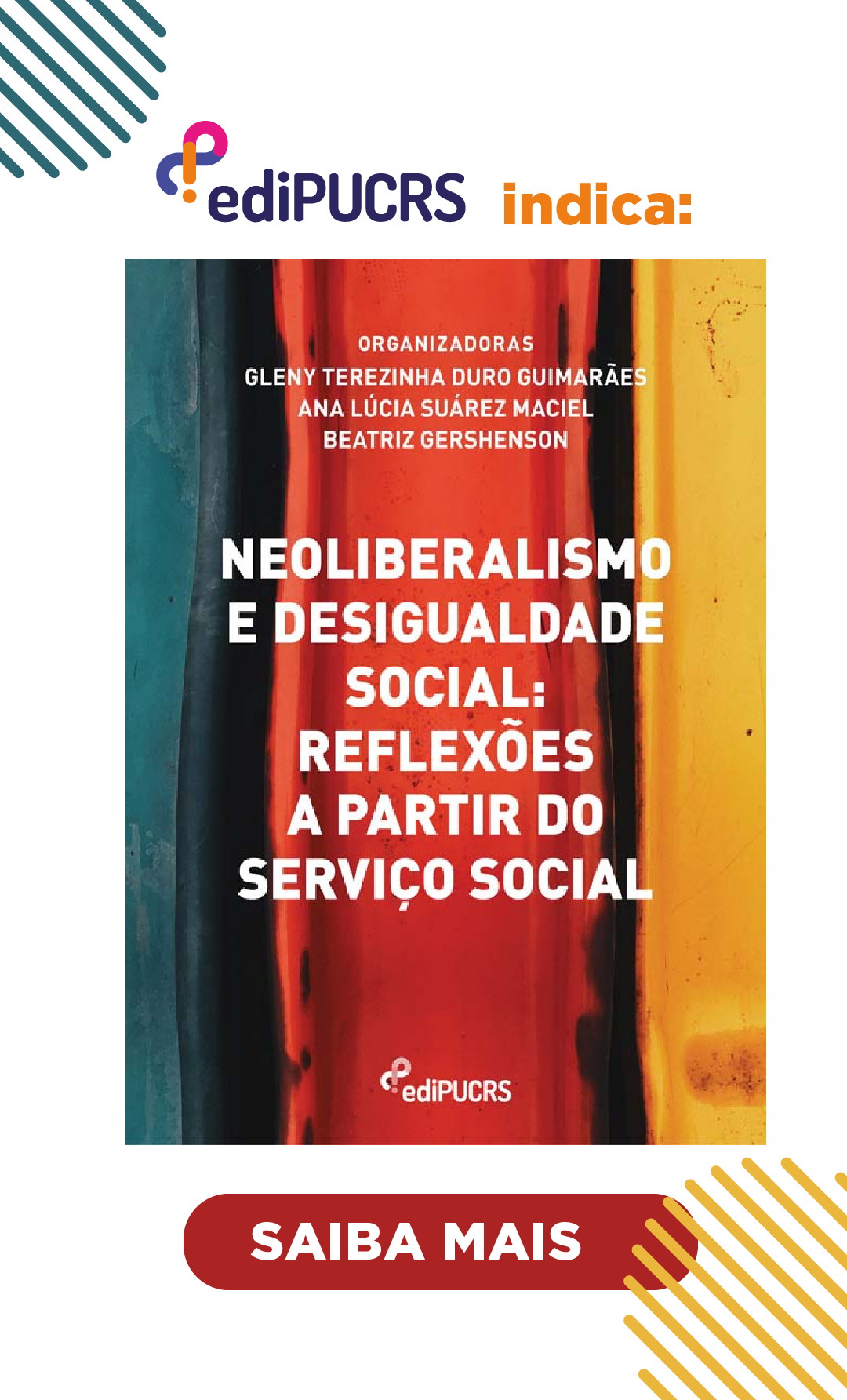“The kitchen is the heart of the house”
Talking about gender and sexuality with a health team
DOI:
https://doi.org/10.15448/1677-9509.2021.1.38940Keywords:
Gender and Sexuality, Primary Health Care, Conservatism, Everyday, Agnes HellerAbstract
This text is the result of postgraduate scientific research in the field of public health, whose objective was to analyze how the themes of gender and sexuality appear in the narratives of workers in a health unit who work with family and community health. The methodology, fundamentally qualitative, sought to trigger reflections based on news and images left on the kitchen tables of the health unit, where “everyday meetings” took place. The study revealed that these themes are connected with different dimensions of the subjects’ lives – among them the affective dimension, responsible for mobilizing moralizing and conservative narratives typical of the everyday space regarding the theme of gender and sexuality. The intention of the research was also to demonstrate that the daily space is powerful for the realization of educational methodologies more connected to popular knowledge, and, therefore, more transforming of prejudiced and conservative behaviors.
Downloads
References
BARROCO, Maria Lúcia Silva. Ética: fundamentos sócio- históricos. São Paulo: Cortez, 2009.
CERTEAU, Michel. A invenção do cotidiano: 2, morar, cozinhar. Petrópolis: Vozes, 1966.
FOUCAULT, Michel. História da sexualidade I: a vontade de saber. Rio de Janeiro: Edições Graal, 1988.
GUERRA, Yolanda. A instrumentalidade do serviço social. 11. ed. São Paulo: Cortez, 2002.
HELLER, Agnes. Sociología de la vida cotidiana. Barcelona: Ediciones Península, 1977.
HELLER, Agnes. Uma teoria da história. Rio de Janeiro: Civilização Brasileira, 1993.
HELLER, Agnes. O cotidiano e a história. 6. ed. São Paulo: Editora Paz e Terra, 2000.
IASI, Mauro. De onde vem o conservadorismo? In: Blog da Boitempo, 2015. Disponível em: http://blogdaboitempo.com.br/2015/04/15/de-onde-vem-o-conservadorismo. Acesso em: 16 nov. 2021.
KOSÍK, Karel. Dialética do concreto. 2. ed. Rio de Janeiro: Paz e Terra, 1976.
LUKÁCS, Georg. Estetica: la peculiaridad de lo estetico. Barcelona: Ediciones Grijalbo, 1966. t. 1.
MARTINS, José de Souza. A sociabilidade do homem simples: cotidiano e história na modernidade anômala. São Paulo: Editora Hucitec, 2000.
MEYER, Dagmar Estermann et. al. Você aprende. A gente ensina? Interrogando relações entre educação e saúde desde a perspectiva da vulnerabilidade. Cadernos de Saúde Pública, Rio de Janeiro, v. 22, n. 6, p. 1335-1342, 2006.
NETTO, Leila Escorsim. O conservadorismo clássico: elementos de caracterização e crítica. São Paulo: Cortez, 2011.
NISBET, Robert. O conservadorismo. Lisboa: Editorial Estampa, 1987.
PADILHA, Vitória Braga. O cuidado integral de pessoas LGBTs na atenção primária à saúde a partir das percepções de psicólogas/os de um serviço de saúde comunitária de Porto Alegre/RS. 2020. 20 f. Trabalho de Conclusão de Residência (Programa de Saúde da Família e Comunidade) – Grupo Hospitalar Conceição, Porto Alegre, Rio Grande do Sul, 2020.
PAIVA, Vera Lúcia Menezes de Oliveira e. A pesquisa narrativa: uma introdução. Revista Brasileira de Linguística Aplicada, Belo Horizonte, v. 8, n. 2, p. 1-6, 2008.
Downloads
Published
How to Cite
Issue
Section
License

This work is licensed under a Creative Commons Attribution 4.0 International License.
Copyright
The submission of originals to Textos & Contextos (Porto Alegre) implies the transfer by the authors of the right for publication. Authors retain copyright and grant the journal right of first publication. If the authors wish to include the same data into another publication, they must cite Textos & Contextos (Porto Alegre) as the site of original publication.
Creative Commons License
Except where otherwise specified, material published in this journal is licensed under a Creative Commons Attribution 4.0 International license, which allows unrestricted use, distribution and reproduction in any medium, provided the original publication is correctly cited.





